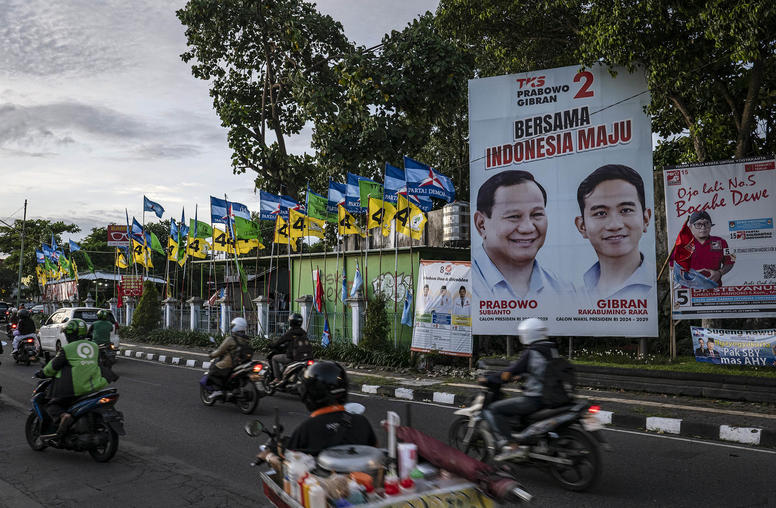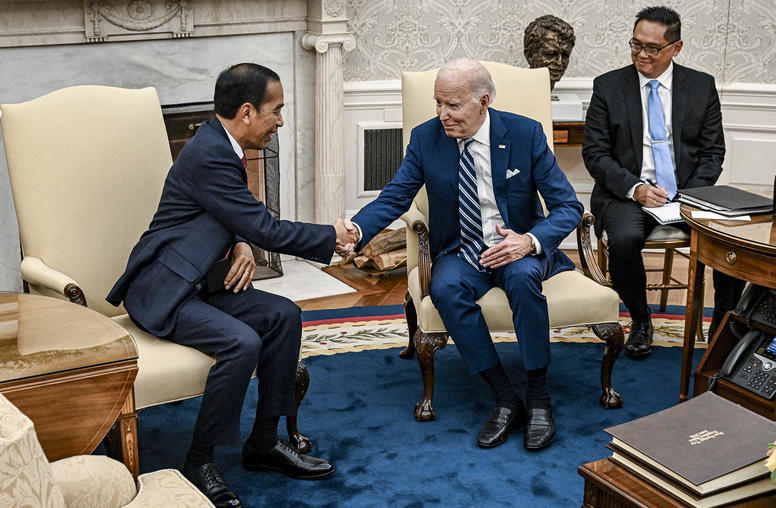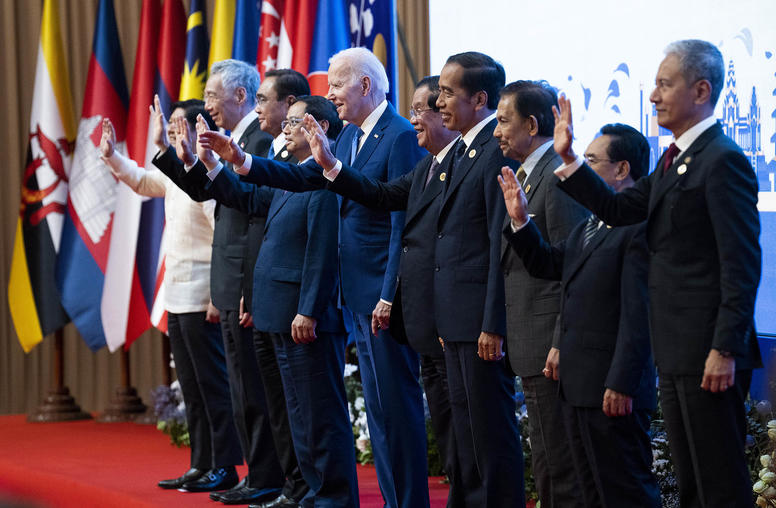Religious Education in Indonesia: Implications for Interreligious and Interethnic Relations
The world's largest Muslim country has made significant educational reform efforts to expand religious education, interreligious studies, and the teaching of comparative religion. While there has been strong interest in exploring interreligious perspectives and taking a comparative religions approach within the context of religious education in Indonesia, there has also been a harsh backlash against "pluralist" thought from conservative elements within Indonesian society.
- What has been the impact of religious education and cross-cultural studies in promoting cooperation, tolerance, and pluralism?
- In light of the correlation of religious education with identity formation and understanding oneself in relation to others, to what extent can interreligious conflict and sectarianism be tied to the educational system?
This panel will discuss the changing role of religious education in contributing to improved understanding or misunderstanding among ethnic and religious communities in Indonesia.
Speakers
- Florian Pohl
Department of Religion
Temple University - Amin Abdullah
President, State Islamic University Sunan Kalijaga
Yogyakarta - Richard Kraince
Director, Interreligious Dialogue Project
Ohio University - Qamar-ul Huda, Moderator
U.S. Institute of Peace, Religion and Peacemaking Program - Steve Riskin, Introduction
U.S. Institute of Peace, Grants and Fellowships Program
Archived Audio
To listen to audio or to view video, please use the SoundCloud player below.



